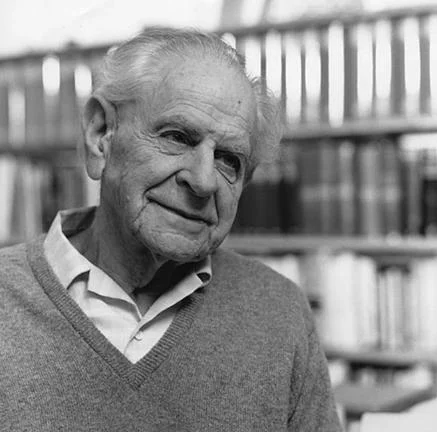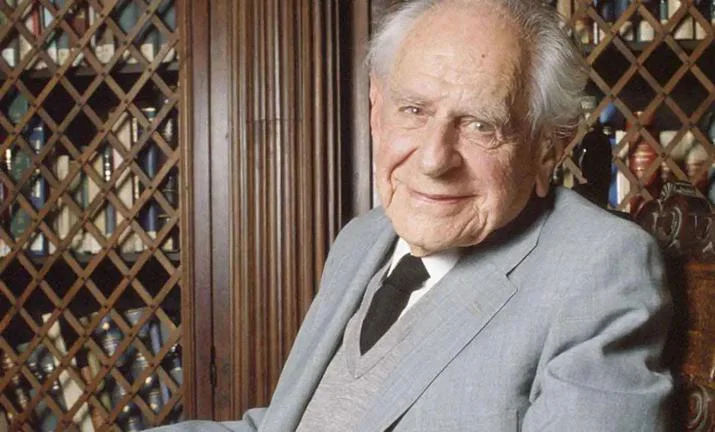Karl Popper

The LSE Department of Philosophy, Logic and Scientific Method was founded in 1946 by Sir Karl Popper. Sir Karl Popper (1902-1994) is widely seen as one of the 20th century’s foremost philosophers of science. Much of his work focused on the question of what distinguishes science from non-science; his famous answer was, in a word: falsifiability. Science embodies a clear commitment to being refuted by empirical observations that do not correspond to its predictions; non-science eschews such refutation.
This importance of openness to criticism and revision also characterized his social and political philosophy, which offered an extended, passionate defense of an “Open Society”: a society which respects individuals’ rights, in which policies are based on the best evidence available and always subject to public scrutiny and revision, and in which rational argument is the mode through which individuals seek to resolve their differences.
More about Karl Popper and his work at LSE
- Blog article: “Conjectures and refutations – Karl Popper and the growth of LSE Philosophy” by Ewan Rogers
- Blog article: “The Open Society and its enemies: Karl Popper’s legacy” by Jason McKenzie Alexander
- Blog article “LSE then and now: philosophy and society” by Johanna Thoma
- Blog article “The influence of Karl Popper on LSE Economists in the 1950s” by Jim Thomas
Karl Popper’s Legacy
LSE established the Sir Karl Popper Memorial Fund in 1994, the year of Popper’s death. The fund supports the prestigious Sir Karl Popper Memorial Lectures, as well as the Sir Karl Popper Prize for LSE students.
The LSE Philosophy Department is home to a bust of Sir Karl Popper made by Josef Pillhofer. The bust has been donated to the department by Dr Thomas Klestil, former Federal President of the Republic of Austria, on 9 February 1995




